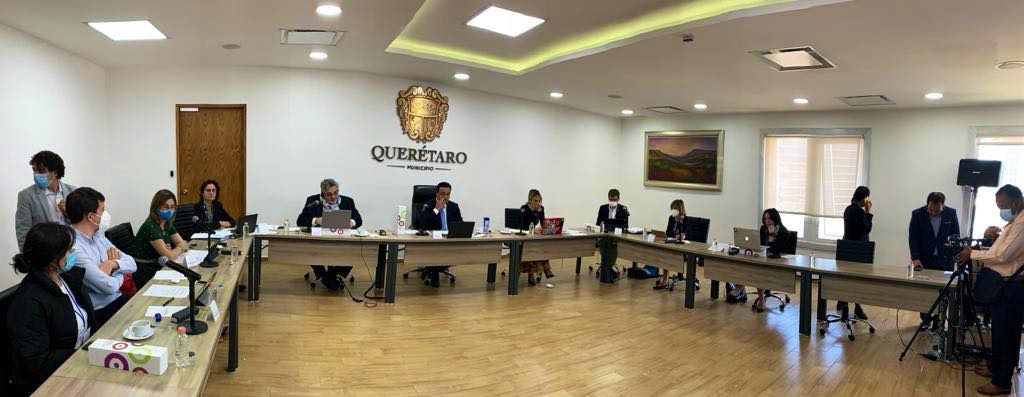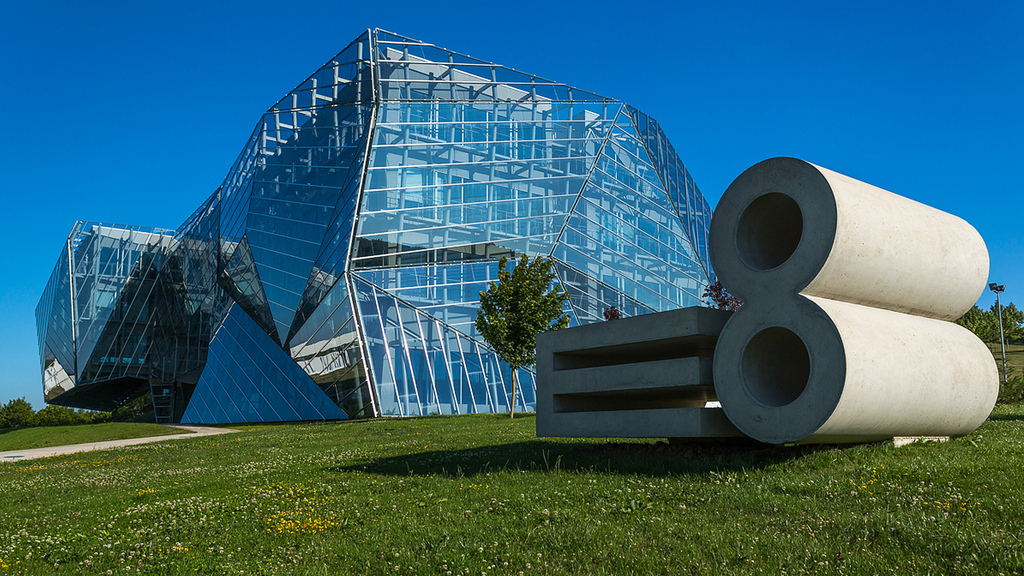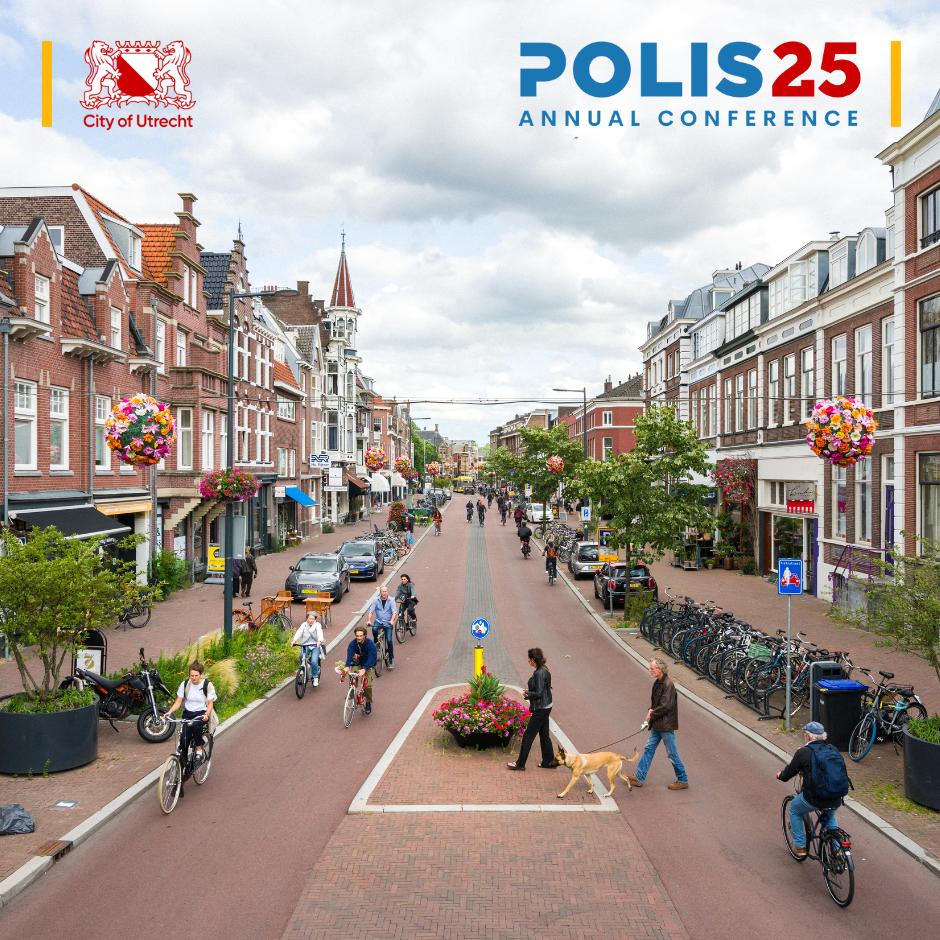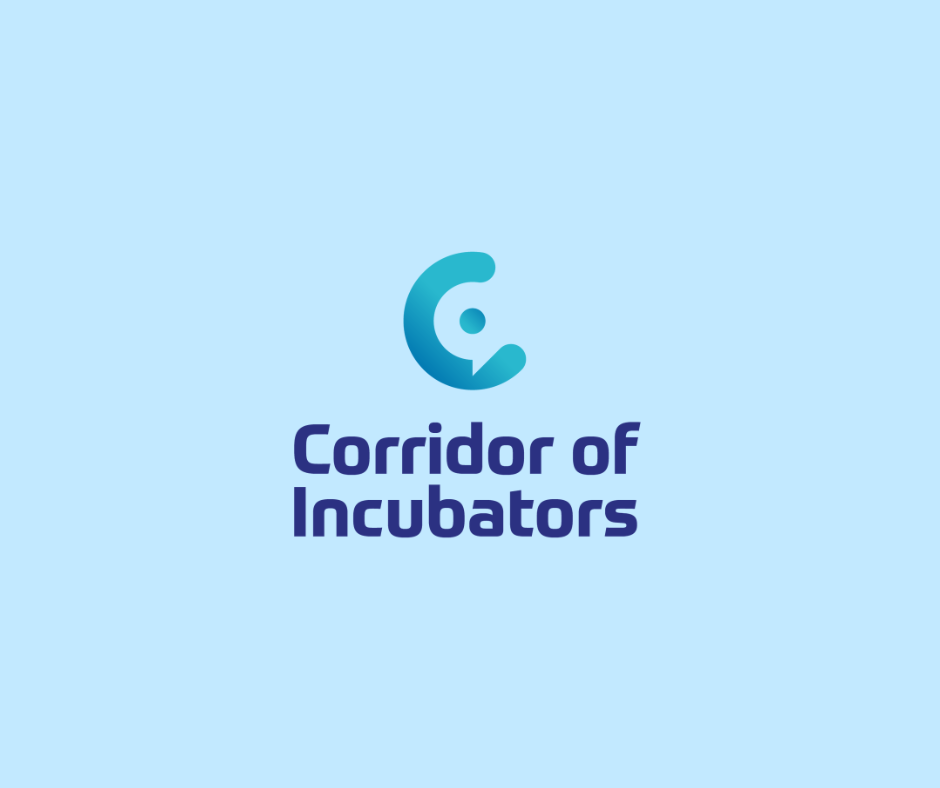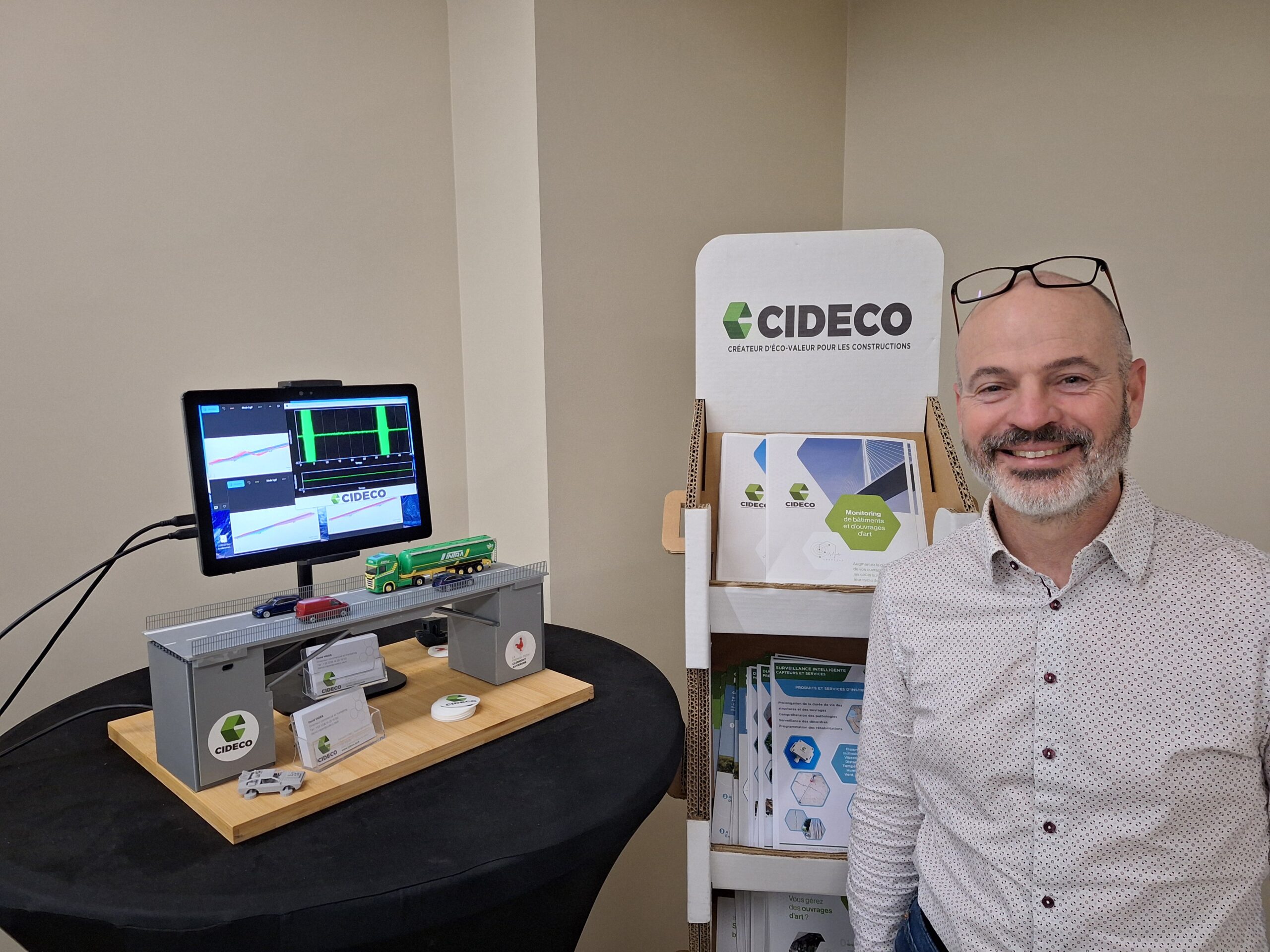Cities play a pivotal role in achieving climate neutrality since they consume over 65% of the world’s energy and account for more than 70% of global CO2 emissions.
Climate mitigation is therefore heavily dependent on urban action and cities need to accelerate their green and digital transformation. Research, innovation, collaboration must be at the heart of their priorities. Their ambition and audacity to find new forms of governance will contribute to the target of reducing emissions.
An essential tool for the cities is the International Network of Michelin Cities which aims to develop public and private partnerships (Sustainable Development Goal n°17) as a stimulus for innovation in public policies based on the cooperation between cities from all over the world.
In this context, Gorka Urtaran, Mayor of Vitoria-Gasteiz proposed during the 3rd INMC Conference, held in the city of Querétaro (Mexico) in March 2022, a global agreement between INMC cities to act decisively in the three main areas of emissions generation in cities: mobility, energy and urban planning.
The proposal was approved unanimously during the General Assemby by the cities of
- Querétaro (Mexico),
- Clermont-Ferrand (France),
- Vitoria-Gasteiz, (Spain),
- Valladolid (Spain),
- Aranda de Duero (Spain),
- Norman, OK (USA),
- Anderson, SC (USA),
- County of Kings (Canada),
- Braga (Portugal),
- Cuneo (Italy),
- Regensburg (Germany),
- Karlsruhe (Germany),
- Homburg (Germany),
leaving the door open to other cities.
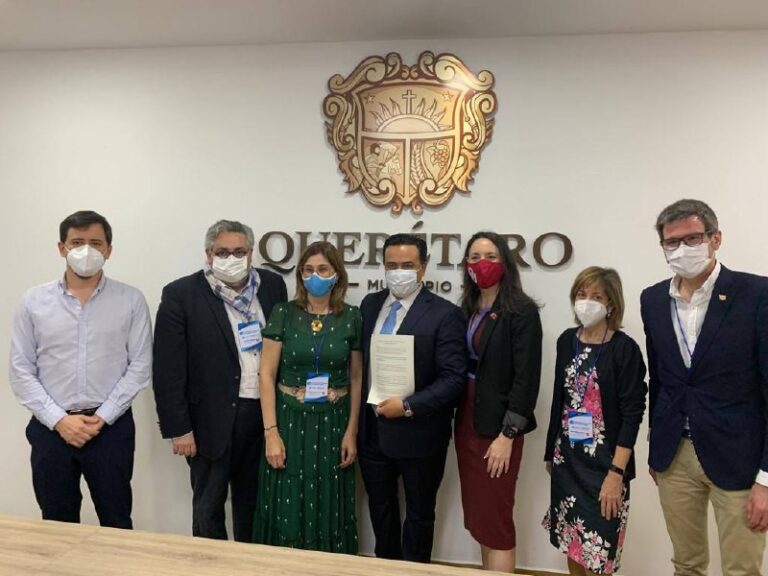
The “Declaration of Querétaro” includes 12 concrete commitments:
- The stimulation of growth in industrial production and clean manufacturing by promoting the renewable energy industry.
- The development of new and enhanced public services, such as cleaning, waste treatment, urban lighting and the maintenance of green infrastructures.
- The development of a tax environment and sustainable financing based on social and environmental responsibility.
- The revision of the transport systems and urban mobility in order to reduce the emissions from public and private transport. In particular by promoting the use of non polluting public transport and the use of bicycles and pedestrian trips.
- Working on the development of sustainable electricity generation systems.
- The implementation of clean, renewable energy sources with “zero emissions” in the city´s streets and buildings as well as supporting this use in our industry and economic sectors.
- Urban refurbishment and rehabilitation based on sustainability criteria, promoting the adaptation of the existing buildings.
- The development with the agriculture and forestry sector of new solutions for sustainable agricultural production which make it possible to reduce the emission of greenhouse gases, by developing agricultural practices which enhance the health of soils as well as promote sustainable forest exploitation.
- Encouraging a sustainable and healthy food model, by supporting Km0 food production projects with low energy and water consumption as well as implementing initiatives to reduce food waste.
- Consolidating and building green infrastructures which make it possible to compensate the city´s ecological foodprint.
- The development of digital capacities and competencies of our citizens and local stakeholders for climate action.
- The development of circular economy in the urban policies of consumption and sustainable production.
